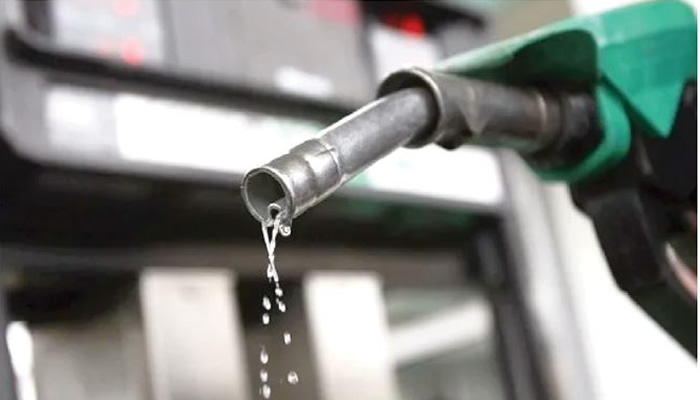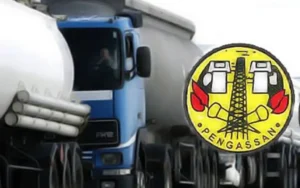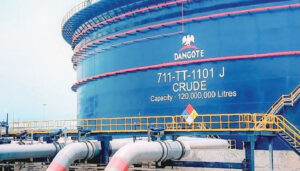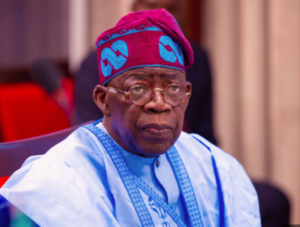
Despite the recent dip in global crude oil prices, Nigerians are yet to see a substantial reduction in the cost of petrol, a situation the Independent Petroleum Marketers Association of Nigeria (IPMAN) attributes to a combination of market forces and foreign exchange challenges.
Speaking with News Bulletin on Tuesday, IPMAN’s spokesperson, Chinedu Ukadike, explained that the continuation of the naira-for-crude oil deal between the Federal Government, Dangote Refinery, and other local refiners has not been sufficient to significantly bring down the pump price of Premium Motor Spirit (PMS).
According to Ukadike, although global crude prices fell to around $65 per barrel—with Brent and WTI trading at $65 and $61 per barrel respectively—the expected drop in domestic fuel prices has been offset by Nigeria’s volatile foreign exchange market and basic economic dynamics.
He pointed out that the official exchange rate, which hovered at N1,604.48 to the dollar as of Tuesday, plays a critical role in determining the final retail price of petrol. “The forces of demand and supply in the downstream sector, and the cost of foreign exchange, also determine the price of crude and its by-product, fuel,” he said. “The current price of petrol is competitive and fair enough for Nigerians owing to these two factors.”
While global markets have seen a decline in crude prices—partly due to easing trade tensions following U.S. President Donald Trump’s pause on new tariffs, except on China—Nigerians remain frustrated by the lack of corresponding relief at the pump.
In Abuja, residents voiced their disappointment over the high cost of fuel. Nurudeen Abdullahi said that based on the international price of crude, he expected petrol to cost no more than N850 per litre. “To be fair with you, local petrol prices should be around N850 or less,” he said.
Evelyn Adebayo echoed similar sentiments, accusing marketers of being quick to hike prices when crude costs rise, but slow to adjust them downward when the reverse happens. “If it were a price increase, they wouldn’t hesitate. I don’t think marketers are being fair to Nigerians,” she lamented.
Although the Dangote Refinery recently announced an N10 reduction in its ex-depot price of petrol, this has done little to ease the burden on consumers, who still pay between N940 and N975 per litre in Abuja and other parts of the country.
Ukadike maintained that marketers cannot be blamed for the current pricing, reiterating that broader economic variables, particularly the naira’s depreciation and prevailing demand-supply conditions, are keeping prices high.
Until these underlying issues—especially foreign exchange stability—are addressed, a significant drop in fuel prices remains unlikely.




![[PHOTOS] MOK Movement Disburses ₦300,000, Distributes Food Items to the Aged in Offa During Weekly Empowerment Programme](https://newsbulletin.com.ng/wp-content/uploads/2025/10/FB_IMG_1760379043455-300x300.jpg)




